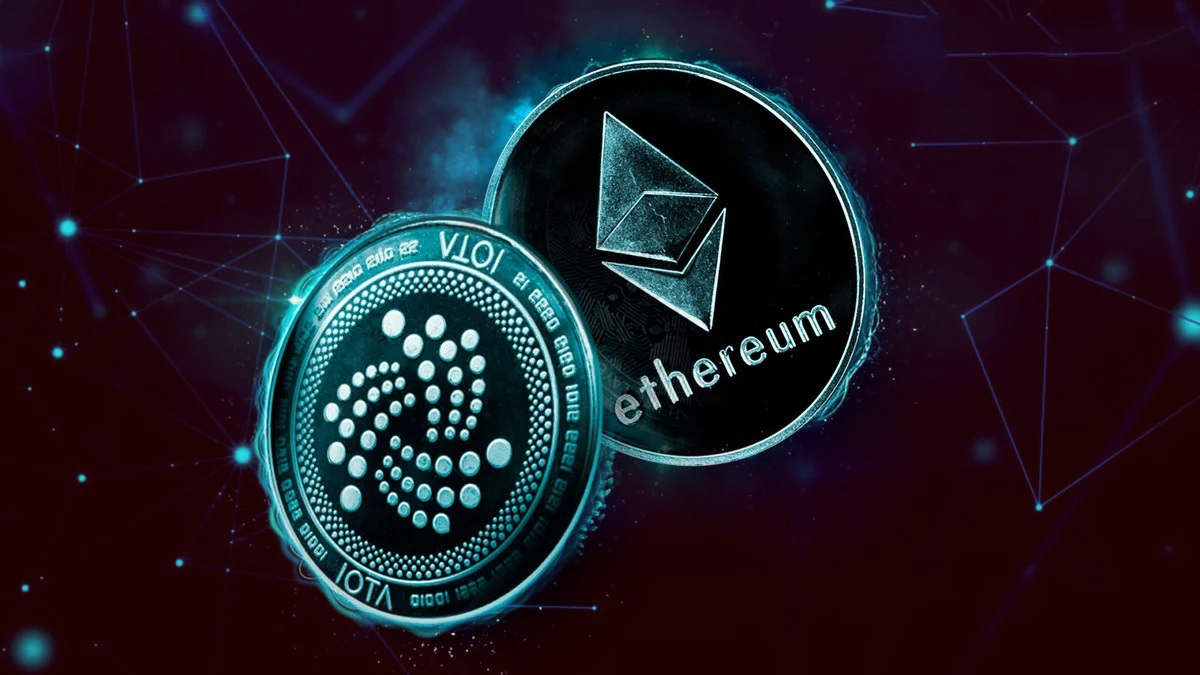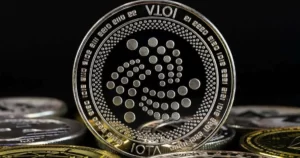Which Crypto Titan Reigns Supreme in Security?
The blockchain world is a vibrant landscape, with diverse technologies vying for dominance. Two prominent players in this arena are Ethereum and IOTA, both offering unique approaches to secure transactions and data. But when it comes to security, which platform reigns supreme?
Consensus Mechanisms: Centralized vs. Decentralized
Ethereum relies on Proof-of-Work (PoW) for consensus, where miners compete to solve complex mathematical puzzles, securing the network in exchange for rewards. While PoW boasts high security, it’s criticized for its energy consumption and potential for centralization due to mining pool dominance.
IOTA, on the other hand, employs a unique consensus mechanism called “Directed Acyclic Graph” (DAG). Instead of miners, users confirm transactions by validating two previous ones, creating a web of interconnected transactions instead of a linear chain. This eliminates energy-intensive mining and promotes true decentralization, as no single entity holds control.
Also Read: IOTA and the Future of Smart Grids: A More Equitable and Sustainable Energy Landscape
Cryptographic Underpinnings: Familiar vs. Novel
Ethereum utilizes well-established cryptographic algorithms like SHA-256 and ECDSA, proven secure over years of use. However, familiar algorithms can be vulnerable to future cryptanalysis advancements.
IOTA, in contrast, uses its own custom-designed hash function, Curl-P, and signature scheme, Winternitz signatures. While these offer advantages like smaller transaction sizes and resistance to quantum computing attacks, their novelty raises concerns about potential vulnerabilities that haven’t been thoroughly tested over time.
Vulnerability Landscape: Past and Present
Ethereum has faced several security incidents throughout its history, including hacks like the DAO exploit and Parity wallet vulnerabilities. These incidents highlight the potential risks associated with complex smart contracts and centralized mining pools.
IOTA, though younger, has also encountered security challenges. The discovery of vulnerabilities in its Curl-P hash function and the reliance on a centralized coordinator during its early development raised concerns about the platform’s robustness. However, IOTA developers have actively addressed these issues and continue to improve the network’s security.
Also Read: IOTA: Powering the 6G Revolution with Feeless Data and Optimized Networks
Transaction Fees: Free vs. Costly
Ethereum transactions incur fees, which can fluctuate significantly depending on network congestion. These fees can be a barrier for everyday transactions and limit the platform’s scalability.
IOTA, on the other hand, boasts feeless transactions, making it ideal for micropayments and Internet of Things (IoT) applications where small, frequent transactions are the norm. However, this raises concerns about potential spam attacks and the long-term sustainability of the network without transaction fees.
The Verdict: A Security Balancing Act
Both Ethereum and IOTA offer unique security advantages and disadvantages. Ethereum’s established cryptography and PoW consensus provide robust security, while IOTA’s DAG architecture and feeless transactions offer scalability and decentralization benefits. Ultimately, the “winner” in terms of security depends on your specific priorities and risk tolerance.
Also Read: Ethereum Devs Eye January for Dencun Testing: Major Upgrade to Scale Blockchain
For users seeking:
- Proven security and established cryptography: Ethereum might be the better choice.
- Decentralization, scalability, and feeless transactions: IOTA could be the preferred option.
Remember, security is an ongoing process in the ever-evolving world of blockchain technology. Both Ethereum and IOTA are constantly working to improve their security measures, and it’s crucial to stay informed about the latest developments before making any investment decisions.



